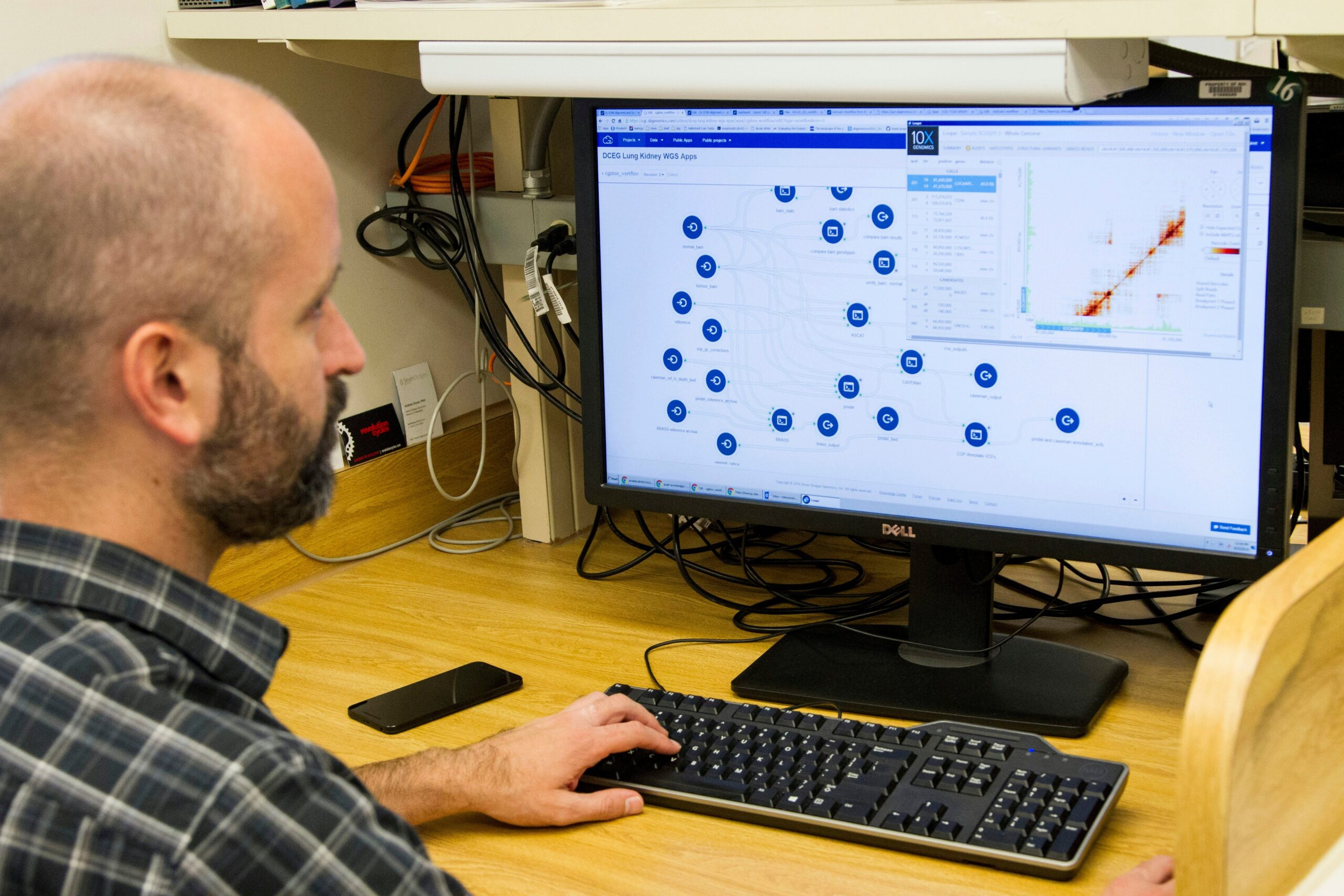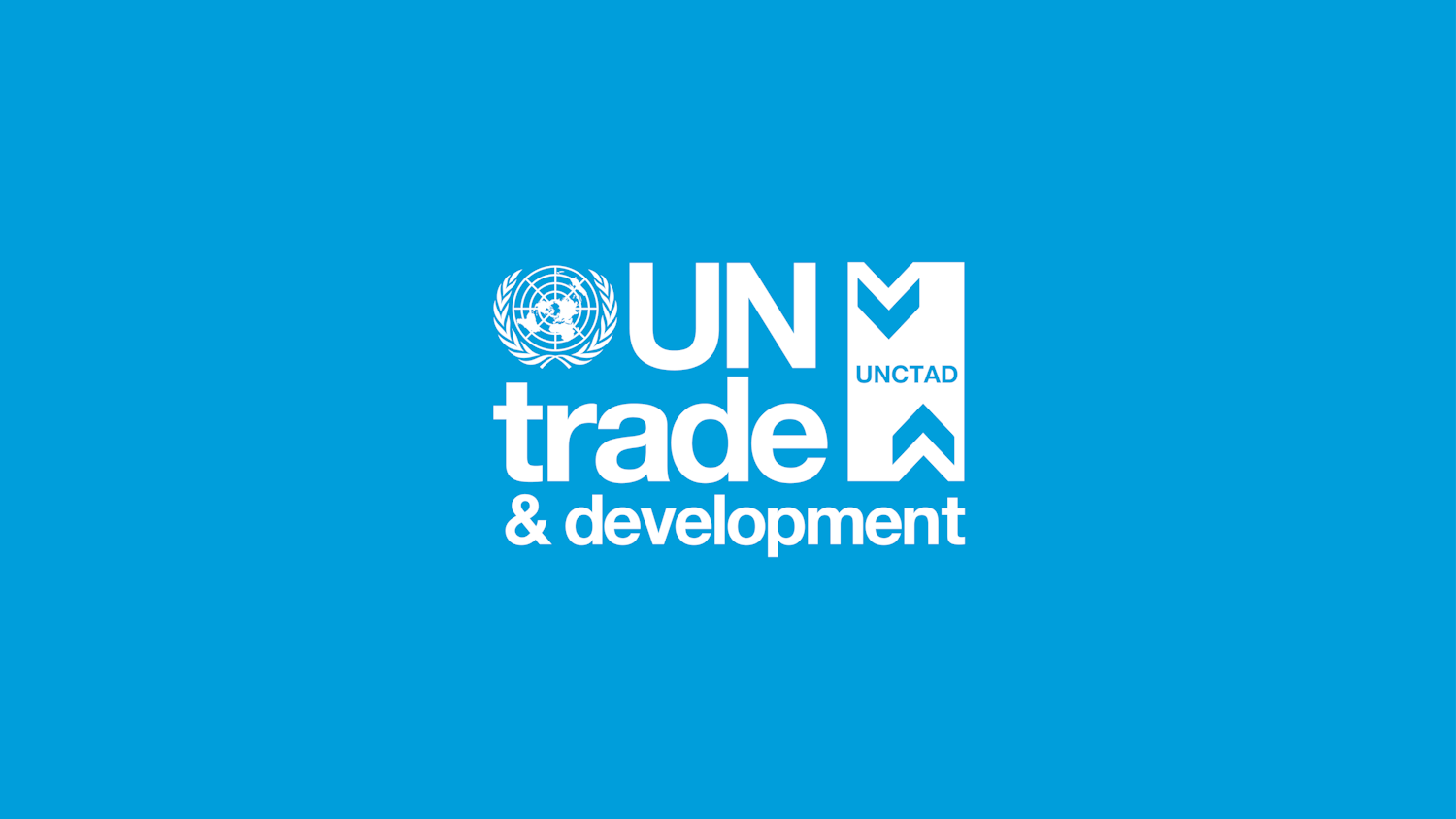The origins of vivid colours within the gemstone ammolite — a rare type of brightly coloured fossilised ammonite shell — are reported in research published in Scientific Reports.
The colours of ammolite occur within a preserved layer…

The origins of vivid colours within the gemstone ammolite — a rare type of brightly coloured fossilised ammonite shell — are reported in research published in Scientific Reports.
The colours of ammolite occur within a preserved layer…

Higher HbA1c and nonsevere hypoglycemia are associated with a higher risk of onset of

Body
Trade, finance, and investment are central to achieving a low-carbon global transformation. Trade plays a key role in spreading clean technologies, strengthening supply chains and lowering the cost of climate action. Aligning trade and climate policies can deliver greater emissions reductions per dollar spent by facilitating access to renewable energy goods and services and repurposing environmentally harmful subsidies. Trade policies can also be leveraged to reduce distortions, promote pro-climate goods and services, and accelerate the deployment of green technologies through investment, technology transfer and capacity-building. These combined efforts demonstrate that coherent trade, finance and investment policies are essential to make climate goals achievable and to ensure that the transition supports inclusive and sustainable development.
Continuing these broader efforts to align finance, investment, trade and climate agendas, a high-level session is being organized to showcase how low-carbon and green value chains can support emissions reduction goals, foster climate-resilient growth and unlock trade and investment opportunities in developing countries. With the SDG investment gap exceeding $4 trillion annually – much of it linked to renewable energy and sustainable infrastructure – bridging this financing gap is essential to deliver on Nationally Determined Contributions (NDCs), advancing structural transformation and building competitive low-carbon sectors.
The session will present initiatives that promote decarbonization, economic diversification and the development of sustainable value chains in developing countries. These initiatives are led or supported by international organizations — including UNCTAD and UNDP, as part of their contribution to the Baku Initiative on Climate Finance and Investment for Trade (BICFIT), launched in 2024 under the COP29 Presidency (Azerbaijan), as well as the World Trade Organization (WTO), International Trade Centre (ITC), International Chamber of Commerce (ICC), and other partners. The discussion will also highlight how strategic partnerships — such as public–private partnerships (PPPs), multilateral development banks (MDBs) and development finance institutions (DFIs) — can mobilize private capital and accelerate progress toward sustainable development.
The session will conclude by highlighting concrete examples of how sustainable value chains can advance the implementation of NDC targets and support the transition to low-carbon, climate-resilient economies and SDGs. It will showcase pathways for greener production, economic diversification, and greater inclusion of SMEs in sustainable trade. Participants will also discuss practical mechanisms to scale up investment in sustainable sectors, strengthen technology transfer and capacity-building, and enhance international cooperation. In doing so, the session will illustrate how trade-led approaches can translate climate commitments into tangible development turning trade into an enabler of the Paris Agreement and the Sustainable Development Goals.

To trace patterns of extinction risk, the team turned to a surprising source – shark teeth. Analysing more than 1,200 teeth from 30 species in the genus Carcharhinus – a group that includes the bull and oceanic…

Forget muddy fields and overpriced water bottles. Olas de Fuego: Nicky Jam x Virgin Voyages is here to bring some much-needed style and comfort to a traditional music festival experience.
From December 5-13, we’re turning the Caribbean…

Unlock the Editor’s Digest for free
Roula Khalaf, Editor of the FT, selects her favourite stories in this weekly newsletter.
Meta is planning to raise $25bn from a bond sale to help it pay for soaring artificial intelligence costs, even as the Big Tech group’s share price fell amid concerns that its spending is too high.
The social media group has hired Citigroup and Morgan Stanley to raise up to $25bn in debt, ranging from five to 40 years in maturity, in what would be one of the biggest bond sales of the year, according to two people close to the matter.
It comes a day after chief executive Mark Zuckerberg warned that the US tech group would spend even more aggressively as part of an arms race to build the data centres and infrastructure powering the AI boom.
Meta’s shares fell 12 per cent after Wall Street’s opening bell on Thursday — wiping out about almost $240bn from its valuation — as investors fretted over the tech group’s huge outlay.
The sale underscores how technology giants are increasingly turning to the debt markets as they spend record sums to build AI infrastructure.
Meta raised $27bn of private debt from credit providers, including Pimco and Apollo, in recent months to fund construction of its huge “Hyperion” data centre in Louisiana. Oracle sold $18bn of bonds in September.
Large tech companies are projected to invest $400bn on AI infrastructure this year, including buying computer chips and building data centres. On Wednesday, Meta, Microsoft and Google’s parent Alphabet all disclosed larger than expected spending plans in the current quarter.
The social media company said capex could hit $72bn by the end of the year and that spending growth would be “notably larger” in 2026, implying a number far in excess of an earlier forecast for $105bn.
Zuckerberg defended huge spending on infrastructure for Meta’s own use. He told analysts on Wednesday that it was “the right strategy to aggressively frontload building capacity” as part of the tech group’s bid to be the first to build artificial superintelligence.
At a recent dinner with US President Donald Trump, Zuckerberg said the company planned to spend $600bn on US data centres and AI infrastructure through 2028.
Meta, Citigroup and Morgan Stanley declined to comment. The bond sale was first reported by Bloomberg.

Systemic light chain (AL) amyloidosis is a rare and life-threatening disorder characterized by the deposition of misfolded immunoglobulin light chains as insoluble amyloid fibrils in various tissues and organs, leading to…

About one-third of all drugs approved by the Food and Drug Administration target the largest family of cell membrane receptors called G protein-coupled receptors (GPCRs).
GPCRs are indispensable for maintaining human health as they play a…
This request seems a bit unusual, so we need to confirm that you’re human. Please press and hold the button until it turns completely green. Thank you for your cooperation!